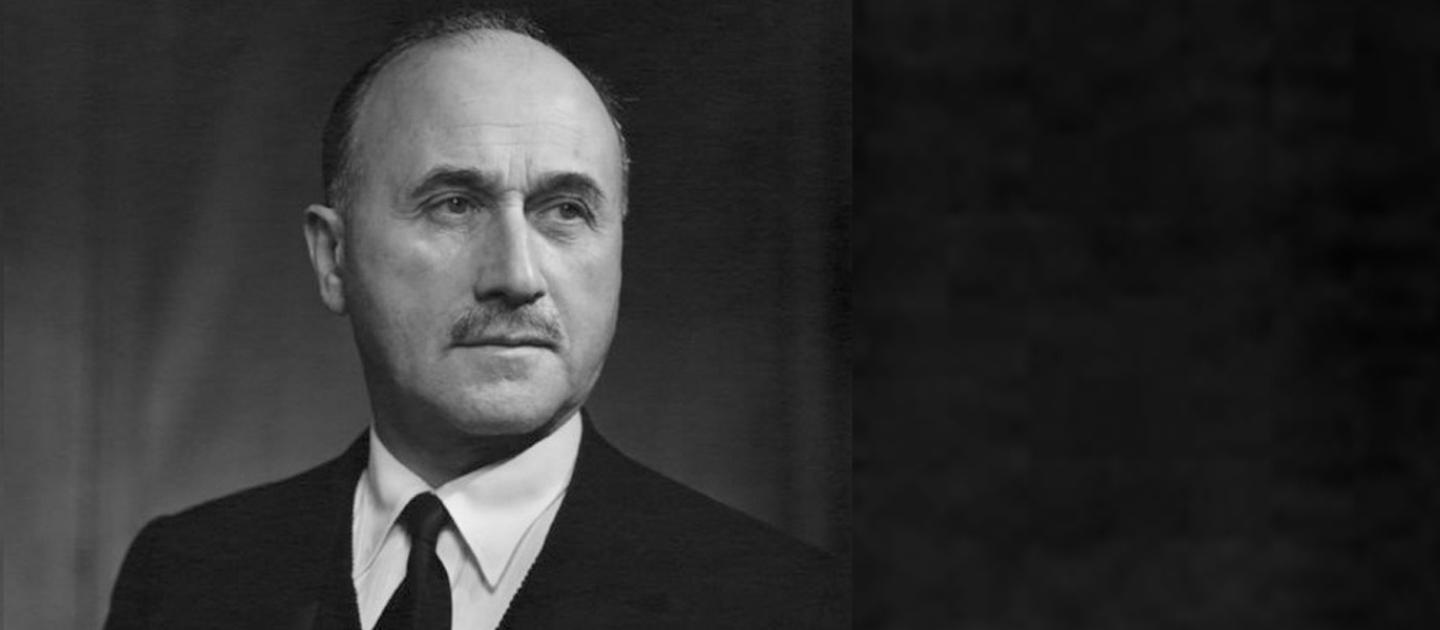Quite a lot actually, and the programme named after him even more so. That is according to Professor Joachim Fischer, Jean Monnet Chair in European Cultural Studies at University of Limerick who writes on deep connections with Europe
In September 2019, the School of Modern Languages and Applied Linguistics was awarded one of the prestigious Jean Monnet Chairs named after one of the founding fathers of the European Union.
Run under the auspices of the ERASMUS+ scheme, they aim to foster teaching and research in European Studies at third level institutions worldwide.
This is the fourth Jean Monnet Chair awarded to UL and comes only two years after obtaining three years’ funding in the equally competitive Jean Monnet Module programme.
These successes underpin the continuation of a long and proud tradition of the university’s involvement in European Studies. In fact, the foundation of NIHE Limerick, UL’s predecessor, in 1972 was first and foremost a response to Ireland’s accession to the European Economic Community on 1 January 1973.
It was hardly surprising that the new Limerick institute became the first third level institution in Ireland to teach an undergraduate European Studies programme; it was actually its only Humanities degree for quite some time.
After 45 years, this particular programme is now one of the, if not the, longest-established undergraduate degree of its kind the whole European Union.
The BA European Studies was joined by postgraduate programmes in European Integration in the 1980s, the launch of CEUROS, the Centre for European Studies, a designated Jean Monnet Centre of Excellence, followed in the 1990s.
Evidence of UL’s European orientation has always been our intensive long-standing and prize-winning ERASMUS involvement, which places UL invariably at the top of the statistical table of all Irish third level institutions in terms of exchange participation.
UL has also won awards for its integration of ERASMUS students from abroad. From the 1980s onwards, the ERASMUS programme has facilitated academic placements in virtually all EU member states alongside the continued co-operative education work placements, in recent years increasingly supported by the ERASMUS practicum scheme.
The Jean Monnet Module “The European Union: Broadening the Perspective” has been running with EU funding since 2017; it involves community interaction in the form of visits to three Limerick primary and secondary schools as well as surveys of attitudes towards the European Union conducted by mixed groups of Irish and ERASMUS/international students.
The module is designed to bring European Studies to students who would not normally come into contact with the field. Another pioneering teaching venture currently in the pipeline is the first double degree MA in European Studies in Ireland run in co-operation with the Europa Universität Flensburg (Germany) and due to start later this year.

The current Brexit debate and the new drive towards more direct links with continental EU member states in all areas should add to the demand for Europe-focussed programmes.
Anyone teaching at European universities will associate the EU-funded Jean Monnet Chairs with the academic disciplines of political science, law, economics and, to a lesser degree, history. In the last few years, and accelerated by Brexit, there has been a rethink of the EU’s educational strategy and much more emphasis is now being placed on interaction with the wider community and on areas traditionally not served by existing schemes.
One evidence of this wider remit is the first Jean Monnet Chair ever awarded to Irish universities with an explicitly cultural, literary and language focus – to UL!
As the holder of this new Chair in European Cultural Studies and after many years of involvement in the teaching of European Studies at the University of Limerick and currently Director of the undergraduate European Studies programme, I am now exploring opportunities for the Centre for European Studies to expand its remit, focussing on closer links with Limerick city on the one hand and on the other opening it up towards areas in UL traditionally perceived far from European Studies, such as science, in preparation for UL’s participation in the EU’s next research and innovation framework programme for 2021-2025, aptly named Horizon Europe.
Beyond this, the three-year work programme to be undertaken by the Chair centres on Irish culture in an EU context and includes the areas of film studies, literary images of the EU, travel writing about Europe in the Irish language, engagements with book clubs all over the city as well as the integration of language teaching and European Studies in Irish secondary schools.
- Professor Joachim Fischer
